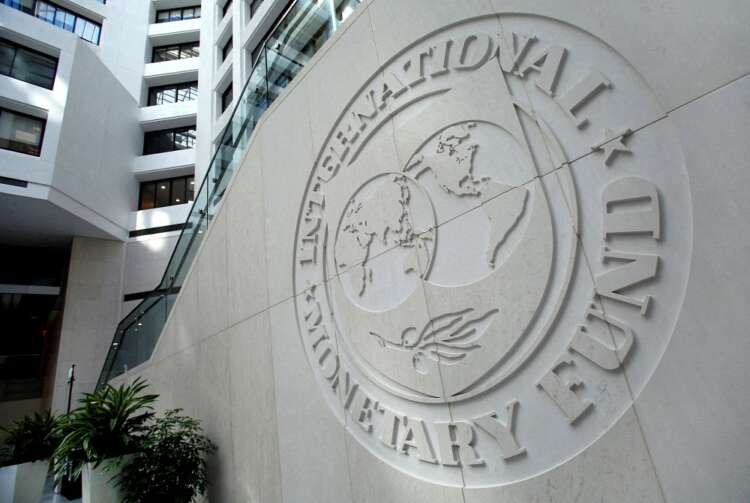Exclusive-IMF hopes to mobilize $45 billion for new trust to aid broader range of countries


By Andrea Shalal
WASHINGTON (Reuters) – The International Monetary Fund hopes to mobilize around $45 billion for a new trust to help a broader range of countries, including some middle-income economies, deal with climate change and other longer-term challenges, a paper prepared by IMF staff and reviewed by Reuters shows.
The IMF’s executive board is expected on Wednesday to approve plans for the new Resilience and Sustainability Trust (RST) that were hammered out by IMF staff after the Group of 20 major economies backed creation of the instrument in October.
Nearly three-quarters of the IMF’s 190 members would be eligible to borrow from the new trust, the global lender’s first facility set up expressly to help countries manage balance of payments risks posed by longer‐term challenges, the paper said.
“Today, even as IMF member countries confront the immediate challenges of rising inflation, constrained fiscal space and pandemic recovery — heightened by risks associated with the war in Ukraine — they are also calling on the Fund to help respond to longer-term challenges such as climate change and pandemic preparedness,” the paper said.
Currently, the IMF offers low-cost and zero-interest rate financing to help countries deal with short-term challenges, such as capital flight, inflation or high commodities prices, and medium-term fiscal and financial challenges.
But it lacks a facility to help countries manage risk to balance of payments posed by longer-term threats, build economic resilience to shocks, and tap opportunities to achieve sustainable, inclusive growth.
The IMF’s Poverty Reduction and Growth Trust is also open only to low-income countries.
The RST, first proposed by IMF Managing Director Kristalina Georgieva in June, would fill that gap and offer countries affordable financing over extended repayment periods. The IMF has said it plans to begin lending under the program by October.
It would be available to low-income and vulnerable middle-income countries, including small states, many of which were hit particularly hard by the pandemic and its economic impact.
To qualify for lending from the new RST, countries would still need to develop “credible policy and reform measures,” have sustainable debt and adequate capacity to repay the IMF, and be part of a concurrent financing or non‐financing IMF-supported program, the paper said.
In addition to providing loans, the IMF also has policy-coordination arrangements with other countries, including Serbia, Rwanda and Senegal, that do not entail funding.
The eligibility criteria were set up to “preserve economic stability” while mitigating financial risks to the fund, the paper said.
Richer IMF member could contribute to the trust by donating their unneeded Special Drawing Rights, the IMF’s own currency reserves, from a $650 billion allocation approved last August.
The funding is also expected to serve as a catalyst for additional public and private financing, the paper said.
(Reporting by Andrea Shalal; Editing by Kim Coghill)
The International Monetary Fund (IMF) is an international organization that aims to promote global economic stability and growth by providing financial assistance, policy advice, and technical assistance to its member countries.
Climate change refers to significant changes in global temperatures and weather patterns over time, primarily caused by human activities such as burning fossil fuels, deforestation, and industrial processes.
Financial stability is a condition in which the financial system operates effectively, allowing for the smooth functioning of financial markets and institutions, minimizing the risk of systemic crises.
Emerging markets are economies that are in the process of rapid growth and industrialization, characterized by increasing economic development, improving infrastructure, and expanding financial markets.
The Resilience and Sustainability Trust (RST) is a new facility proposed by the IMF to provide financial support to countries facing long-term challenges such as climate change, enabling them to build economic resilience.
Explore more articles in the Top Stories category











